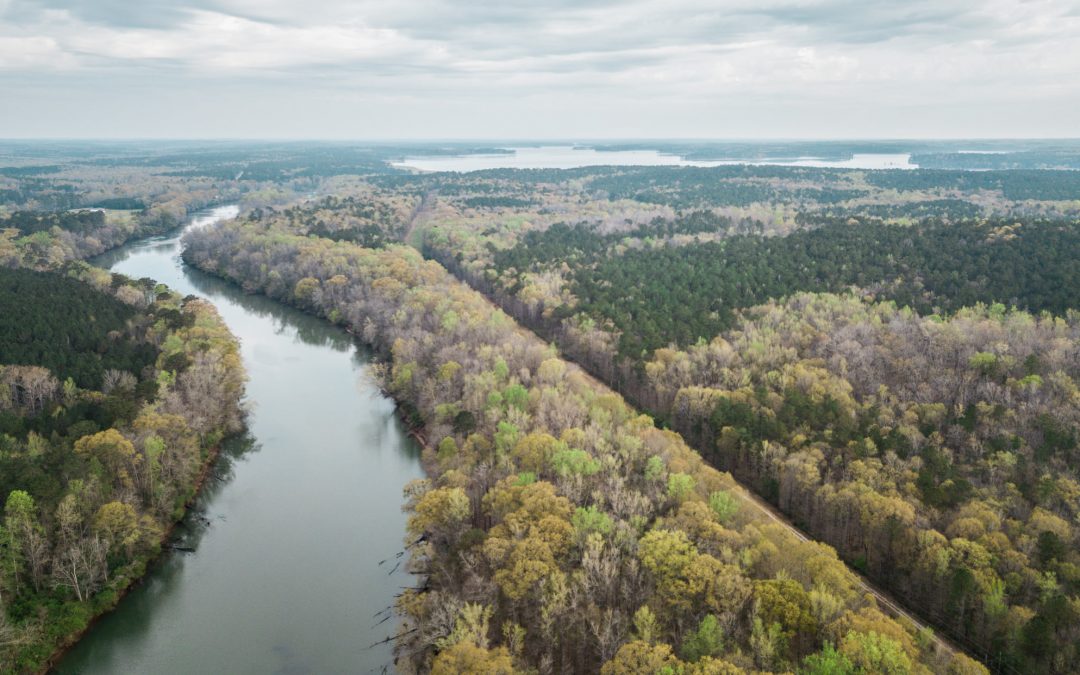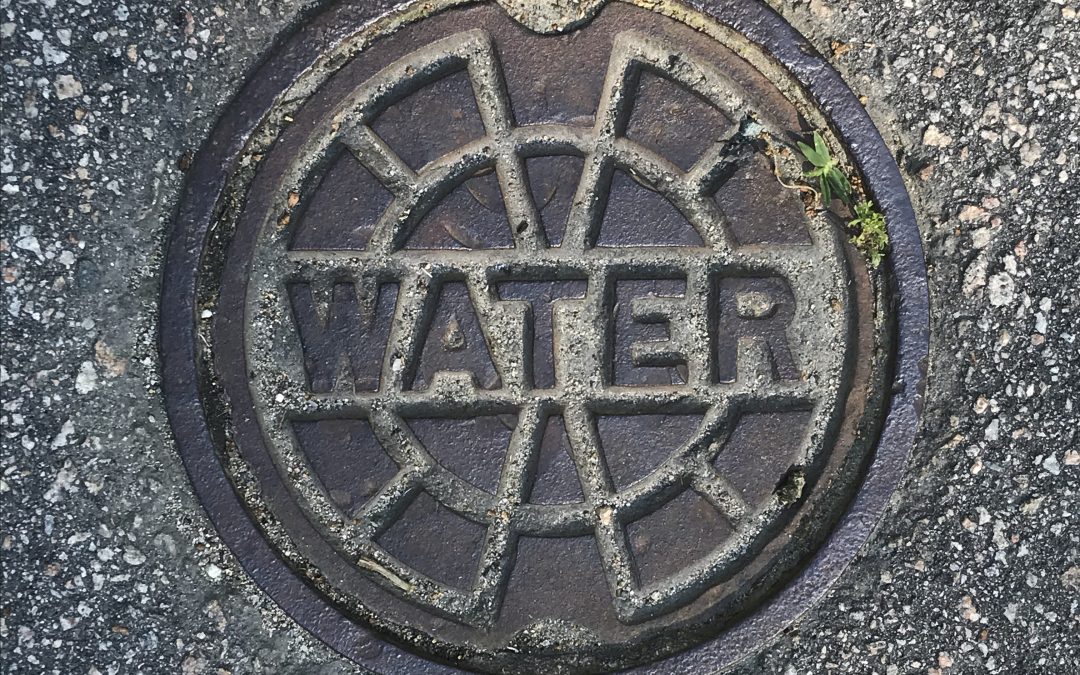
by Lillian Watson | Jan 5, 2022 | Blog, Data Stories, Improved Decision-Making, Time Savings
PFAS (per- and poly-fluoroalkyl substances) are a group of synthetic chemical compounds and emerging contaminants that have been found in water all over the country. North Carolina has had well-publicized concerns with PFAS contamination, which have led to various data collection efforts across multiple organizations. These disparate datasets will be used to guide future regulation and enforcement across the state. But, without greater coordination between the academic and policy communities in North Carolina, these data will remain fragmented, limiting their ability to provide timely and accurate insights about PFAS contamination.

by Ashley Ward | Sep 24, 2021 | Blog, Data Stories, Improved Decision-Making, Innovation, Time Savings
As we work to create an internet of water – a world with more accessible, discoverable, and interoperable water data – we like to highlight the organizations who are contributing to this vision and explore the benefits they provide to water management and other sectors. The Groundwater Protection Council has been improving groundwater and energy data since 1983 and leverages that data to enable environmental protection and increased water availability. The resources they provide to state oil and gas agencies are essential to coordinating regional approaches in the energy-water nexus.

by Ashley Ward | Aug 5, 2020 | Blog, Data Stories, Government, Improved Decision-Making, Increased Productivity, Infrastructure, Innovation, Non-governmental, Return on Investment, Water quality, Water use
Established in 1994, Chattahoochee Riverkeeper (CRK) is a non-governmental and community science organization based out of Atlanta, GA that is dedicated to the protection, preservation, and stewardship of the Chattahoochee River and its watershed. Over the last two and a half decades, the work of CRK, the communities in which they work, and the City of Atlanta have and continue to create a cleaner Chattahoochee River that attracts more recreation, wildlife, and economic development.

by Kristen Downs | Apr 28, 2020 | Accurate Design and Integrated Operations, Blog, Improved Decision-Making, Increased Productivity, Innovation, Return on Investment, Time Savings
The Albuquerque Bernalillo County Water Utility Authority (Water Authority) of Albuquerque, New Mexico has been expanding its advanced metering infrastructure (AMI) program since 2011. As of 2019, 49% of its 200,000 accounts have been replaced with AMI-enabled meters. The Water Authority harnesses the high-resolution water usage, along with other AMI data, to benefit their employees, customers, operations, and water resources.

by Lauren Patterson | Jun 5, 2019 | Accurate Design and Integrated Operations, Avoided Costs, Blog, Government, Improved Decision-Making, Increased Productivity, Return on Investment, Water quantity
The Snow Survey and Water Supply Forecasting (SSWSF) program’s data are widely used by agricultural communities, government agencies, private businesses, and recreationists to inform day-to day operations and broad decision-making. We compiled numerous case studies documenting the economic value of the SSWSF program to show the benefit-to-cost ratio for different users. We found that 38% of the time the benefits from a single case study more than covered annual program costs.

by Lauren Patterson | Nov 27, 2018 | Accurate Design and Integrated Operations, Avoided Costs, Blog, Data Stories, Government, Improved Decision-Making, Increased Productivity, Industry, Return on Investment, Water quantity
The National Weather Service is the primary source of public weather data and forecasts used to inform decision-making and mitigate losses from extreme weather. A willingness-to-pay survey and an impact analysis suggest the potential benefit-to-cost ratio is between $3 (includes forecasts from all federal and private agencies) and $15 (assumes most of the underlying data and forecasts come from the National Weather Service) of value for every $1 spent.






